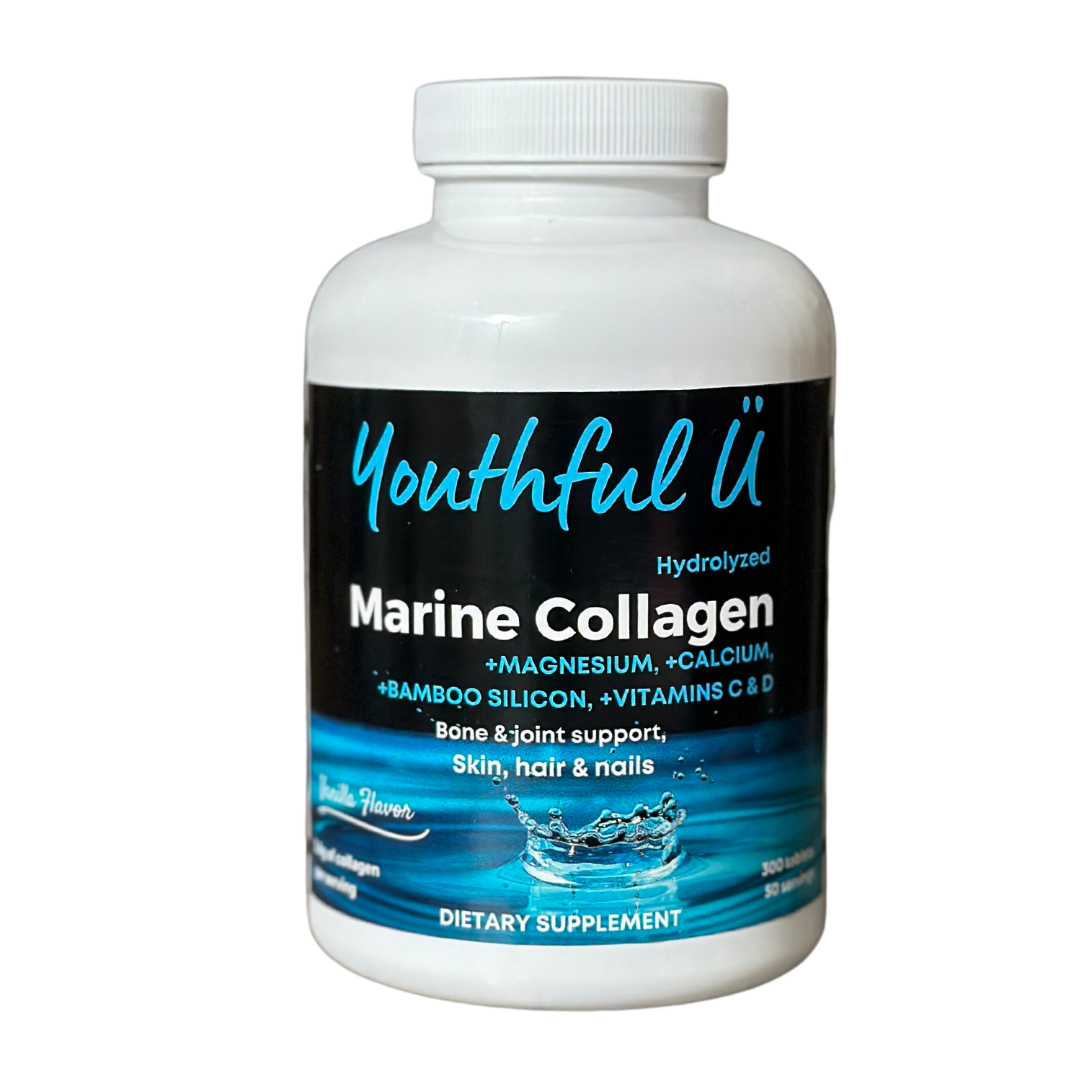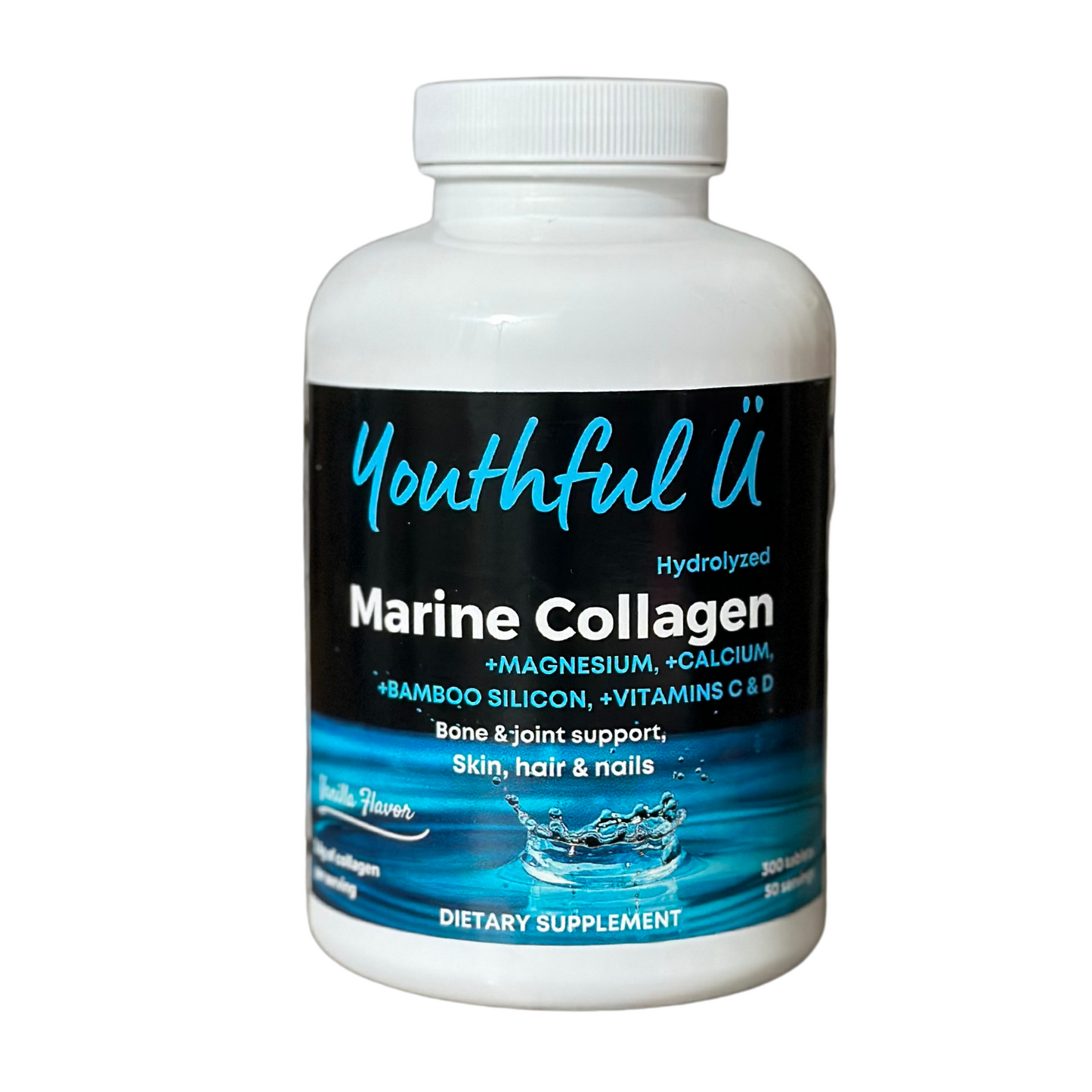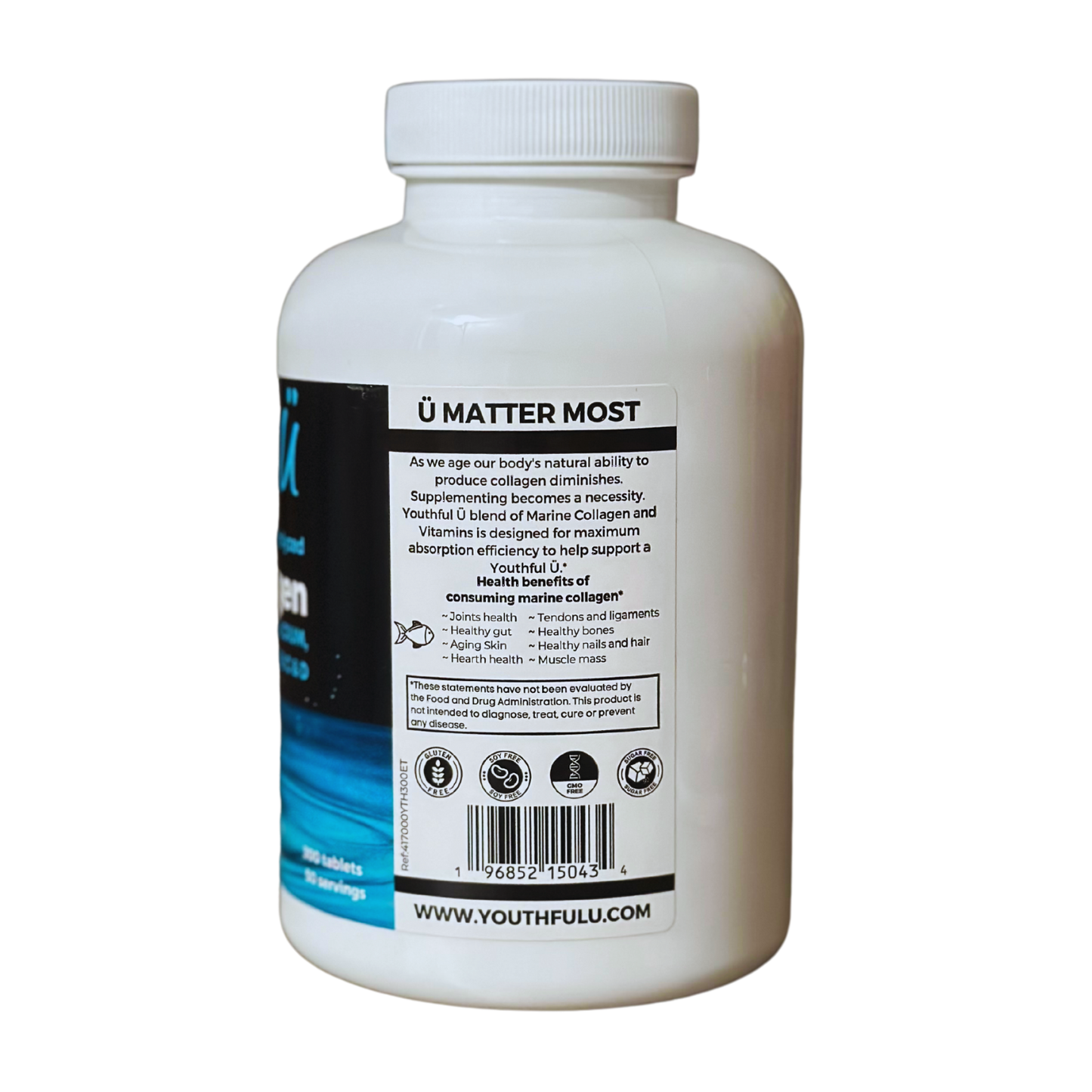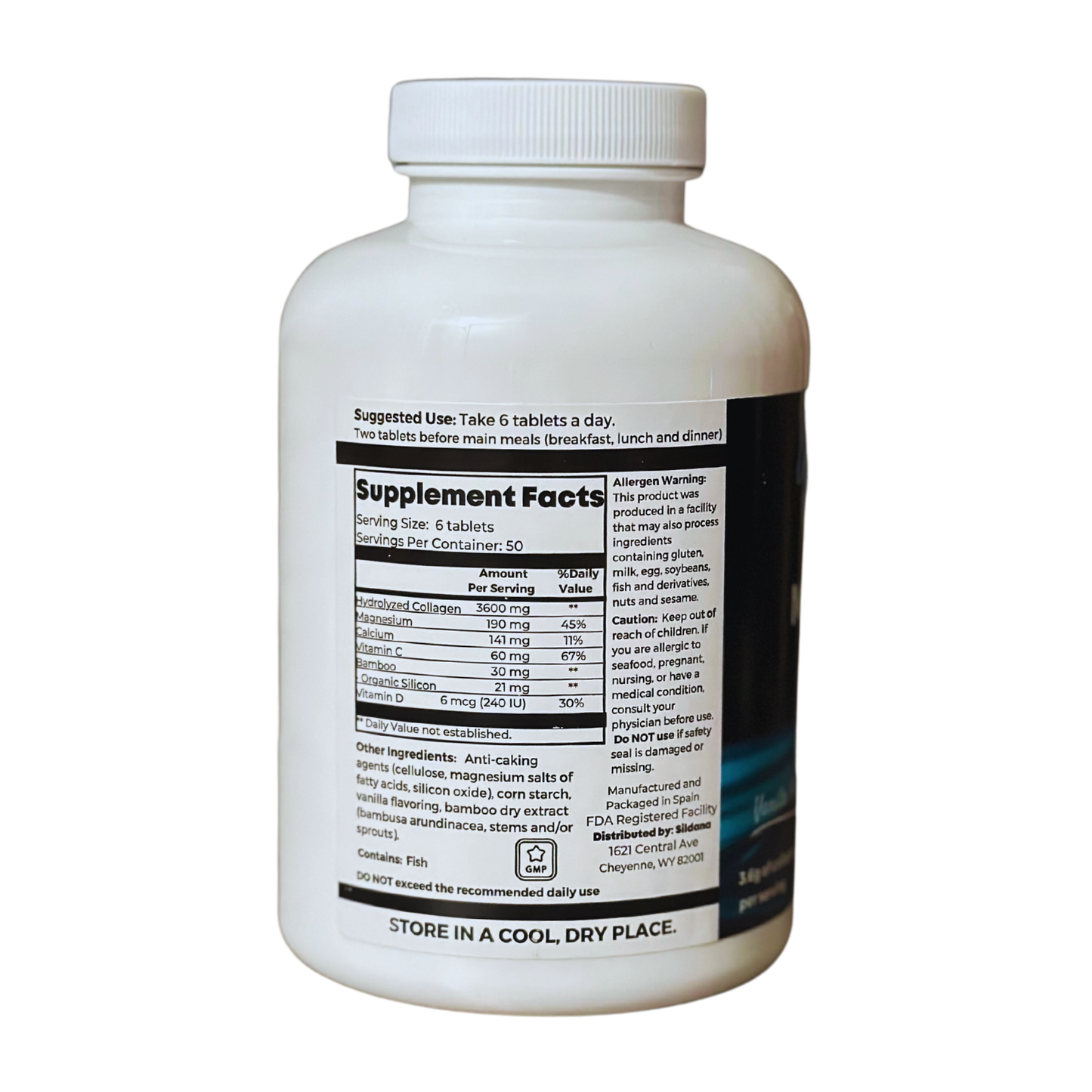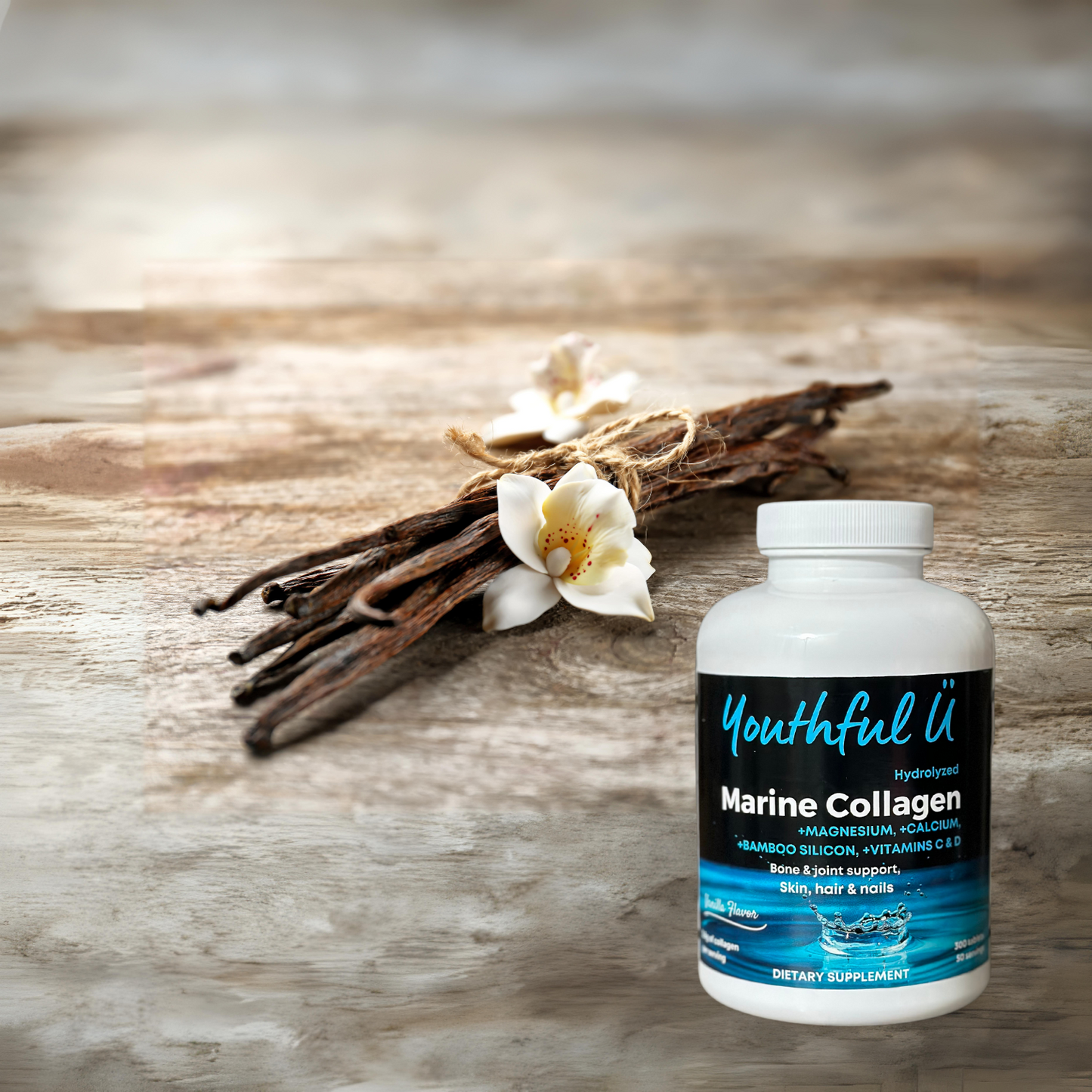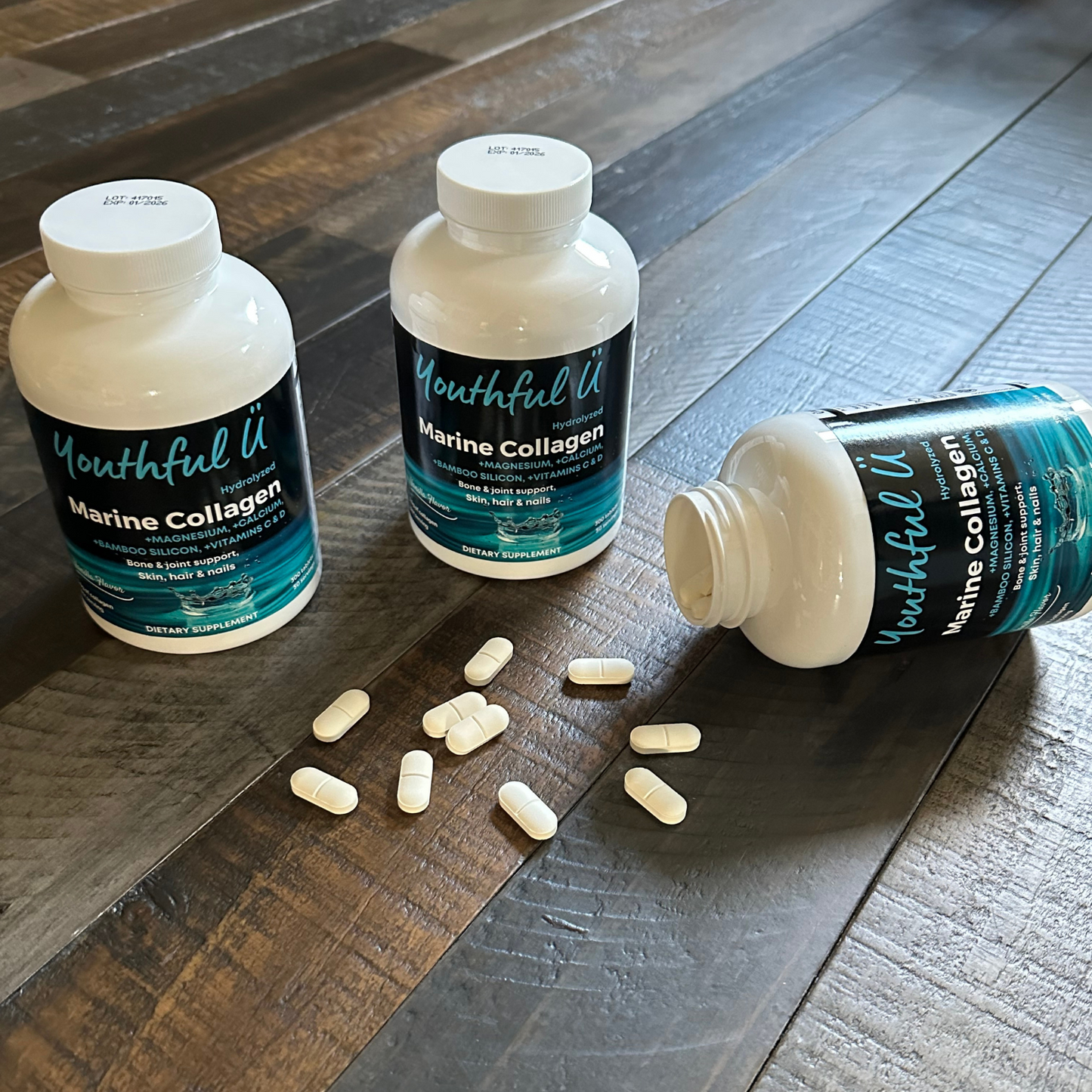People in nursing homes often have specific dietary needs due to various factors such as age, medical conditions, and decreased appetite. While it's important for anyone to have a balanced diet, seniors in nursing homes may face challenges in meeting their nutritional requirements solely through food intake.
Aging can affect the body's ability to absorb nutrients from food efficiently. Supplements can provide nutrients in forms that are easier for the body to absorb, ensuring seniors get the nutrients they need.
Many seniors may have a reduced appetite due to various factors such as medications, illness, or changes in metabolism. Some of the medications do not taste good. Supplements have a more pleasant taste and can help fill in the nutritional gaps when their food intake is inadequate.
Seniors have reduced sun exposure and decreased skin synthesis. They may have increased requirements for Vitamin C (important for immune function, collagen productions, and wound healing); Vitamin D (essential for bone health to prevent and reduce the risk of osteoporosis and fractures); Calcium (vital for bone health and muscle function); and Magnesium (beneficial for heart health, cognitive function, blood sugar regulation and reduced anxiety). Adequate intake of vitamins and minerals is essential for maintaining a healthy immune system.
Collagen is a major component of cartilage, the tissue that cushions and supports joints. As people age, joint tissues can degrade, leading to conditions like osteoarthritis and joint pain. Marine collagen supplements may help support joint health by providing essential building blocks for cartilage repair and maintenance, potentially reducing pain and improving mobility in seniors with arthritis or joint stiffness.
However, it's crucial for seniors to consult with healthcare professionals before starting any supplement regimen. Individual needs vary, and excessive intake of certain nutrients can be harmful, especially when combined with medications or underlying health conditions. Additionally, supplements should complement, not replace, a balanced diet rich in fruits, vegetables, whole grains, lean proteins, and healthy fats.

